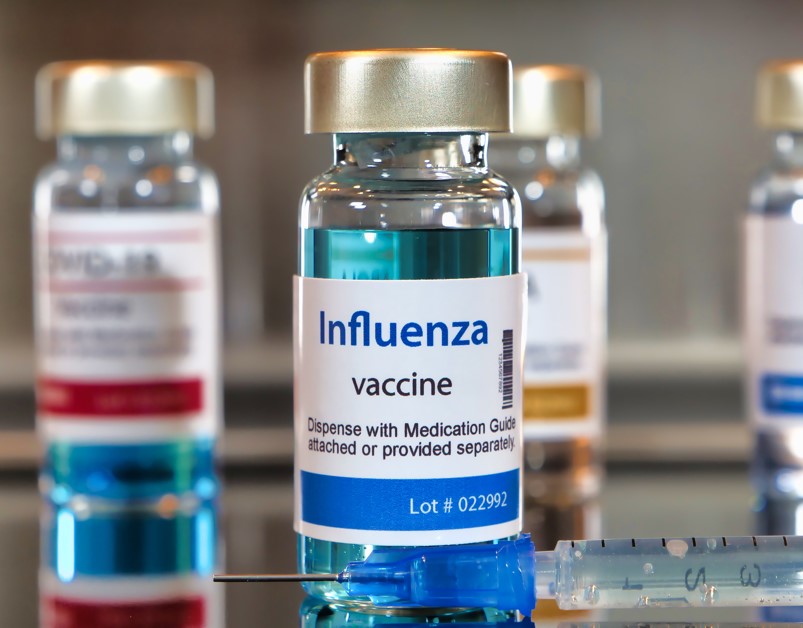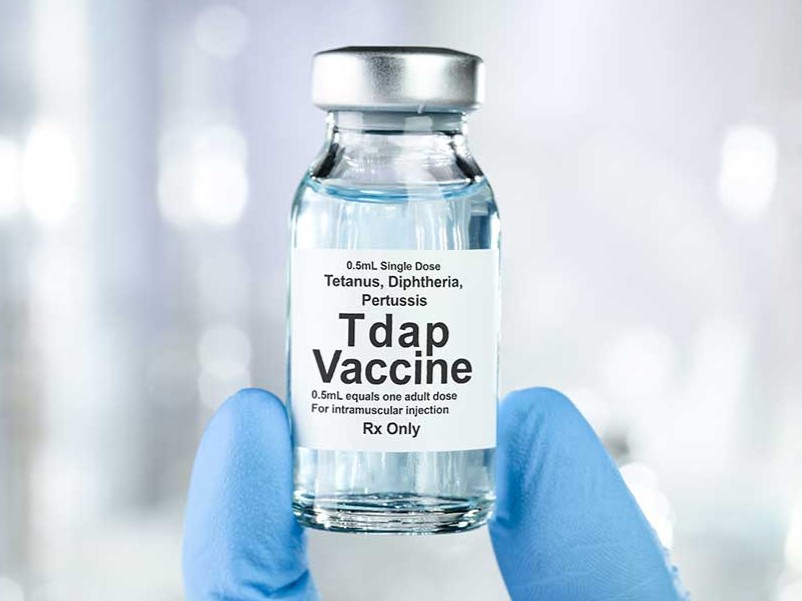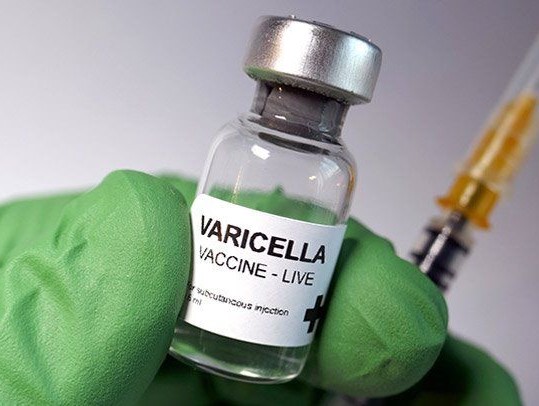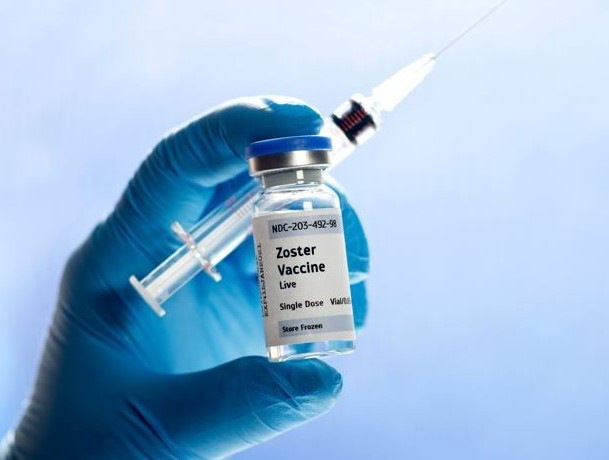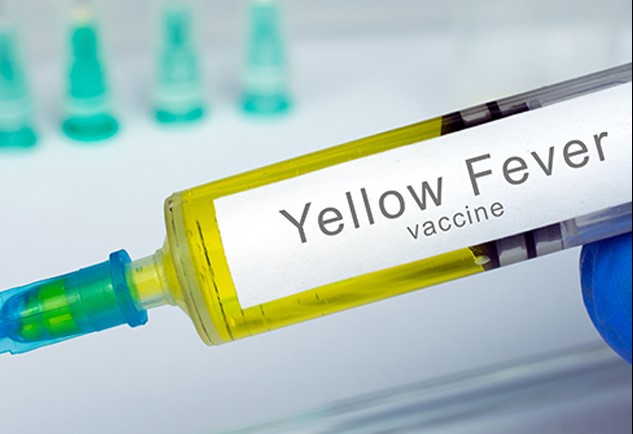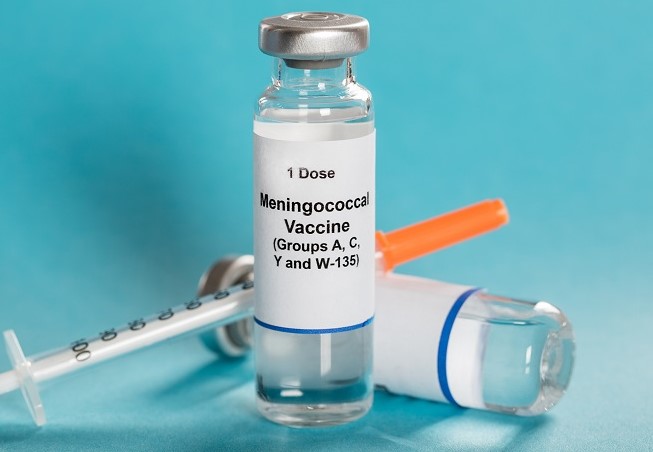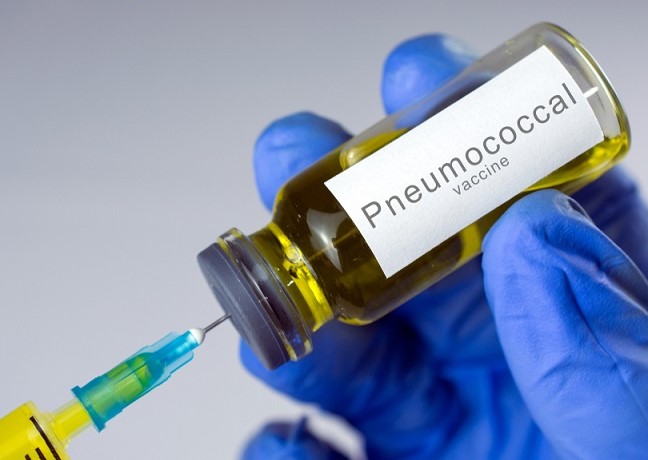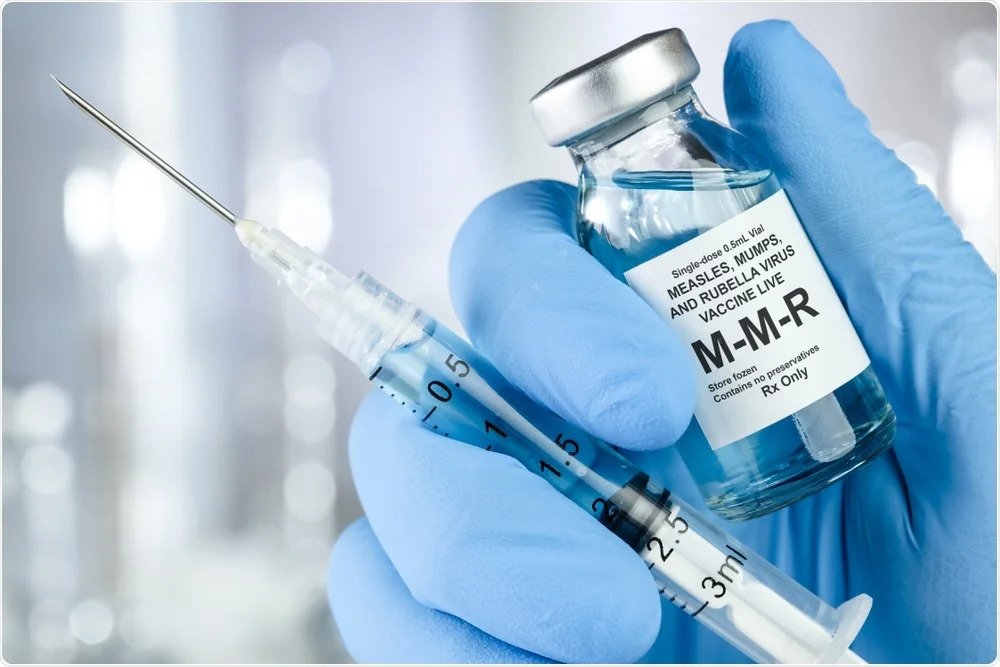WHAT ARE VACCINES?

Vaccines are biological preparations that provide active acquired immunity to a particular disease. They contain a weakened or dead form of a pathogen, such as a virus or bacteria, or a piece of the pathogen's genetic material. When a person is vaccinated, their immune system recognizes the pathogen and produces a response, including the production of antibodies. This prepares the immune system to rapidly recognize and fight the pathogen if the person is exposed to it in the future, reducing the severity or preventing the disease altogether.



